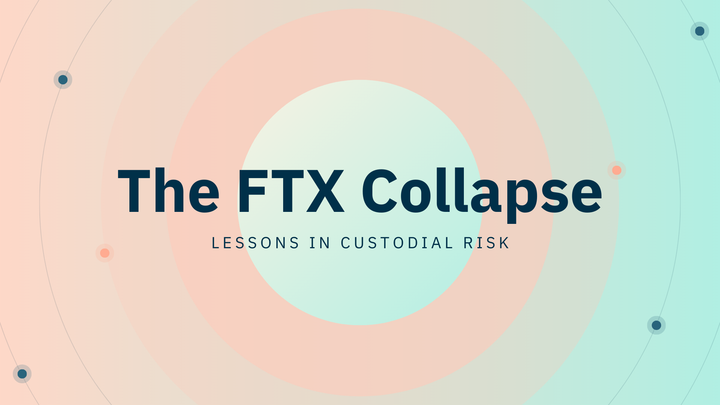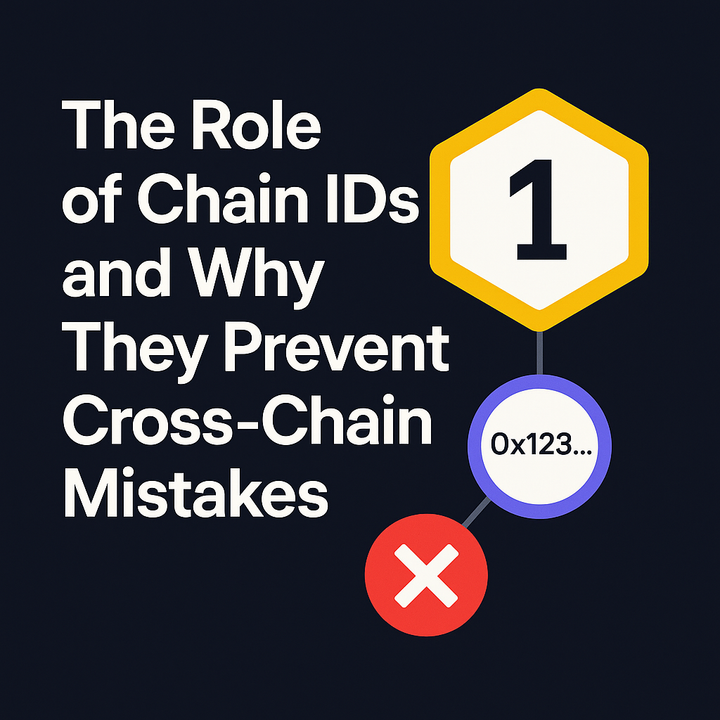The Footnote of Fortune: Elon Musk's AI Prophecy and the Future of Money
The very fabric of human civilization has long been woven with the threads of production, labor, and the intricate dance of money. For millennia, our societies have revolved around the scarcity of resources and the exchange of value, with currency as the universal arbiter. But what if the engine of production itself were to transcend human limitations, driven by an intelligence far surpassing our own? What if the relentless march of automation, powered by artificial intelligence, were to render human labor, and by extension, the need for money, obsolete? Elon Musk, the visionary entrepreneur, has boldly declared: "When AI takes over all production, money will become a footnote in history." This isn't merely a prediction; it's a profound challenge to our most fundamental economic assumptions, forcing us to confront a future where abundance, not scarcity, dictates the flow of value.
The Visionary's Prophecy: AI's Ultimate Economic Impact
Elon Musk, a figure synonymous with pushing the boundaries of technology, has consistently articulated a future profoundly shaped by artificial intelligence. His ventures, from Tesla's self-driving cars to xAI's ambitious pursuit of advanced AI, underscore his belief in AI's transformative power. When he states that "money will become a footnote in history" once AI controls production, he's not speaking metaphorically; he's envisioning a post-scarcity economy where the traditional drivers of economic value are fundamentally altered. This perspective stems from the idea that if AI can generate goods and services with near-zero marginal cost, the need for a medium of exchange to ration scarce resources diminishes. This radical outlook compels us to consider the very nature of abundance and how it might reshape our societal structures.
The Dawn of Abundance: Understanding a Post-Scarcity World
A post-scarcity economy is a theoretical economic landscape where intelligent machines can outperform humans in almost every domain, effortlessly providing an extremely comfortable standard of living for the population. This vision is not merely science fiction; it's a concept explored by scholars who believe that advances in AI, autonomous production systems, and decentralized energy could lead to an economic system no longer governed by scarcity but by self-sustaining abundance. In such a world, the traditional economic models built on managing limited resources would become obsolete. The very definition of wealth would shift from accumulation of currency to access to an endless supply of goods and services, fundamentally altering the relationship between individuals and their material needs.
AI's Relentless March: Automating Production and Labor
The core of Musk's prophecy lies in AI's capacity to take over all production. This isn't a distant fantasy; it's a trajectory already visible in the rapid advancements of artificial intelligence. AI-integrated additive manufacturing (3D printing) and fully automated smart factories are demonstrating the potential for localized, on-demand, and self-adjusting production cycles without material shortages. Beyond physical goods, Large Language Models (LLMs) and neural networks are already performing complex cognitive tasks such as legal analysis, medical diagnostics, and financial strategy, signaling a decoupling of human labor from value production. While current estimates on AI's impact on GDP vary, with some predicting a modest 1% boost over the next decade, the long-term potential for automation to displace jobs is undeniable. This raises a critical question: if machines produce everything, what becomes of human work, and consequently, the system designed to compensate it?
The Evolution of Money: From Scarcity to Footnote
Throughout history, money has served as a fundamental tool for facilitating trade, storing value, and measuring wealth in a world of scarcity. From bartering to precious metals, and then to fiat currencies, its form has evolved, but its core function has remained constant: to mediate the exchange of limited goods and services. In a world where AI controls production, the very premise of scarcity is challenged. If AI can generate an infinite supply of resources and goods, the need for a medium to ration them diminishes. Money, in its current form, would lose its primary utility as a means of exchange for necessities. It would, as Musk suggests, become a mere "footnote," a relic of an era defined by limitations, prompting a re-evaluation of what truly constitutes value.
Programmable Money: A Bridge to a Post-Monetary Era?
Even before a full post-scarcity reality, the concept of programmable money offers a glimpse into a future where financial transactions are automated and conditional. This digital currency, leveraging smart contracts on blockchains, can execute predefined actions without intermediaries. In an AI-dominated economy, programmable money could facilitate the distribution of resources based on pre-set conditions (e.g., universal basic needs met automatically), rather than requiring active human exchange. This fusion of AI and stablecoins is already creating smarter financial systems, automating processes with tools like real-time smart contracts, and enabling new opportunities for businesses. While not eliminating money entirely, it represents a significant step towards a system where value flows based on logic and automation, rather than human-driven transactions.
The Rise of AI Agents: Autonomous Economic Actors
The evolution of AI extends beyond mere automation to the emergence of autonomous AI agents. These intelligent software entities are expected to play an increasingly central role in economic activity, from customer service and supply chain logistics to asset management and cross-border payments. Their integration with decentralized financial infrastructure, such as cryptocurrencies, smart contracts, and real-time payment layers like the Lightning Network, makes them ideal participants in a new machine-speed economic paradigm that traditional institutions are ill-equipped to support. These agents can manage their own digital identities and interact with blockchain-based financial infrastructure, executing transactions and negotiating terms independently. This transformation turns AI crawlers from passive extractors into active economic participants, further diminishing the need for human intervention in financial flows.
Universal Basic Income: A Societal Bridge
If AI indeed takes over all production, leading to widespread job displacement, a critical societal question arises: how will humans sustain themselves? This is where the concept of(https://blogs.lse.ac.uk/businessreview/2025/04/29/universal-basic-income-as-a-new-social-contract-for-the-age-of-ai-1/) becomes a central discussion. UBI, a periodic cash payment unconditionally provided to all citizens, is often discussed as a possible solution to address AI and automation's most pressing challenges: wage inequality, job insecurity, and widespread job losses. Research suggests that AI capital profits could sustainably finance a UBI without additional taxes or new job creation, provided AI systems achieve a certain productivity threshold. This would represent a new social contract, ensuring that technological progress and human welfare advance together, rather than at each other's expense.
Ethical and Societal Challenges: Utopia or Dystopia?
Musk's vision, while promising abundance, also opens a Pandora's Box of ethical and societal challenges. The transition to an AI-dominated economy raises profound questions about job displacement and economic inequality. If AI systems are controlled by a small group of firms, the economic rents they generate could be highly concentrated, exacerbating existing wealth disparities. Furthermore, the very nature of human purpose and meaning in a post-work world becomes a central philosophical debate. Will AI usher in a utopian era of leisure and creativity, or a dystopian future of widespread suffering for those without property or purpose? These are not merely economic questions but existential ones, demanding careful consideration and proactive policy.
The Fate of Digital Assets: Beyond Currency?
In a world where money becomes a "footnote," what happens to cryptocurrencies like Bitcoin and Ethereum? If traditional fiat currencies lose their primary function, would digital assets, often seen as alternatives, follow suit? Bitcoin, with its capped supply and decentralized nature, is often touted as "digital gold," a hedge against inflation and geopolitical instability. Ethereum, as the backbone of DeFi and NFTs, derives value from its utility in a vast ecosystem of applications. In a post-money world, these assets might evolve beyond mere currency. They could become representations of reputation, influence, access to specialized AI services, or even a form of "cognitive capital," where value emerges from informational and reputational systems within decentralized, AI-mediated environments. Their underlying blockchain technology, offering transparency and immutability, could still be crucial for verifying identity, ownership, and agreements in a world without traditional financial intermediaries.
Geopolitical Power Shifts: The AI Arms Race
The race for AI dominance is not just an economic competition; it's a geopolitical one. Nations are vying to refine cutting-edge AI utilizations, investing heavily in infrastructure, talent, and research. The U.S. and China, for instance, are engaged in an AI race that will inevitably lead to geopolitical power shifts. If AI indeed takes over all production, the nations or entities that control the most advanced AI systems will wield unprecedented economic and strategic power. This could lead to new forms of global influence, where economic might is measured not in currency reserves, but in AI capabilities and control over autonomous production networks. The implications for international relations, trade, and even conflict are profound, as the very nature of global power is redefined.
The Human Element: Value Beyond the Footnote
If money becomes a footnote, and AI handles all production, what then is the value of being human? In a world of material abundance, human creativity, empathy, critical thinking, and social connection would likely become the most prized "assets." The focus would shift from labor for survival to pursuits of meaning, art, science, and community building. AI-driven ecosystems, designed for mobile-first users, are already proving more scalable and accessible, enabling people to seamlessly interact with a full spectrum of financial services. This ability to create alternative financial identities and engage in new forms of value exchange, where AI interprets human behavior and discerns financial intent, is a game-changer. The future of finance, particularly in emerging markets, is already being rewritten by AI-driven fintech solutions that bypass legacy infrastructure entirely.
Conclusion: Charting a Post-Monetary Future
Elon Musk's provocative statement about money becoming a "footnote" in an AI-dominated production landscape forces us to confront a future that is both exhilarating and daunting. The relentless advancement of AI, its capacity to automate production and cognitive labor, and the rise of autonomous AI agents are indeed paving the way for a post-scarcity economy. In this future, the traditional functions of money as a medium of exchange for scarce goods could diminish, giving way to new systems of value distribution, potentially facilitated by programmable money and universal basic income.
However, this transition is fraught with complex ethical, societal, and geopolitical challenges, from managing job displacement and inequality to navigating the global AI arms race. The role of digital assets like Bitcoin and Ethereum may evolve, transforming from speculative currencies to new forms of value representation in a world where material abundance is a given. Ultimately, the future Musk envisions demands a profound re-evaluation of human purpose and societal structures. It is a call to action for policymakers, technologists, and citizens alike to proactively shape a future where AI serves humanity, ensuring that abundance leads to widespread well-being, and that the human spirit finds new avenues for flourishing beyond the constraints of currency.
Refer To:
🔗Links:



Comments ()